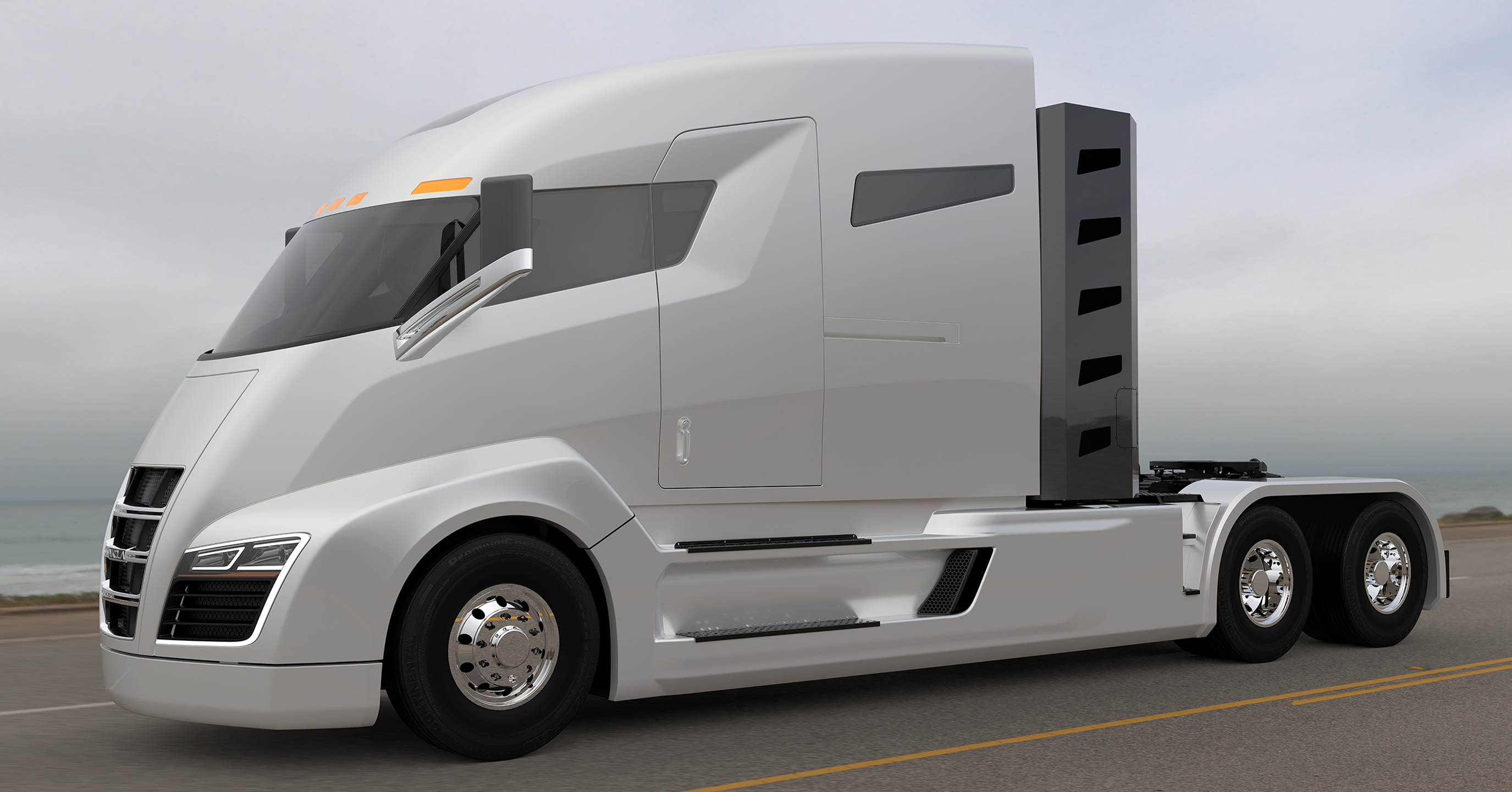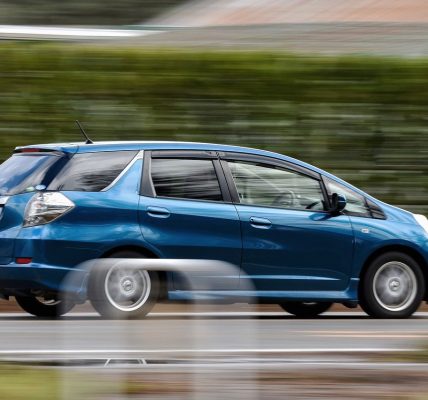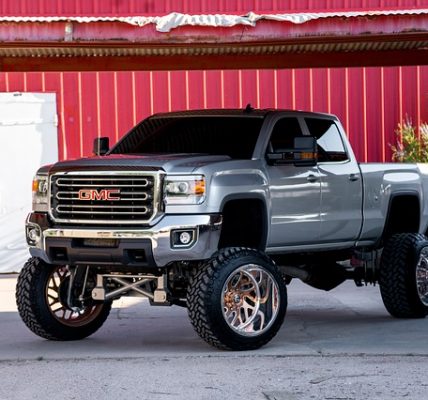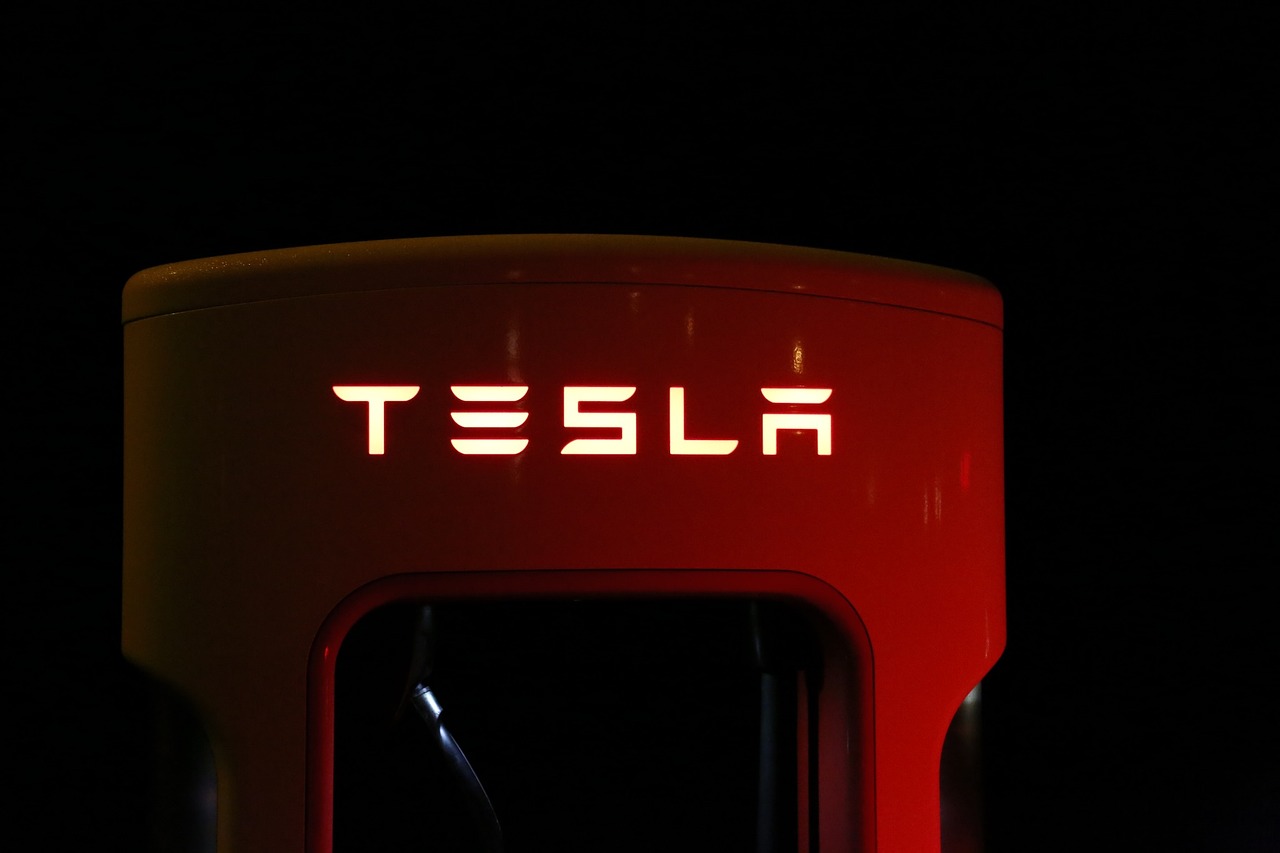
Our last article about useful technologies in cars made us realize just how much more advanced today’s cars are compared to cars from a few years ago. A big reason behind the latest technological improvement in cars is the push for better, smarter vehicles. Ever since Tesla announced its auto-pilot feature, car companies have been researching new technologies to add to their products.
The presence of new technologies is not without its challenges. Aside from the security concerns that come with using smarter cars, there are also maintenance challenges. Some even say that modern cars – with computerized engines and more tech features – are more difficult and more expensive to maintain. Is that really the case?
Maintenance Made Easy
The simple answer is no. While it is true that modern cars are more technological, they are also more durable and more efficient at the same time. The gadgets found in cars are designed to be used in cars, meaning that they are designed to work in different (often challenging) environments.
Maintaining your car today is also much easier thanks to technology. Most cars come equipped with a diagnostics port, which you can connect to for regular checkups. The port, using OBD-II standard in most cases, will even work with mobile devices and Bluetooth connectivity.
You can buy a separate OBD-II module to allow remote checks. Once the module is installed, you can connect to the car using any smartphone and an OBD-compatible app. You can then view thousands of parameters provided by sensors throughout the car.
These parameters are very detailed, meaning you can tell exactly what is wrong with the car from the error code shown on your screen. The same system is used for internal monitoring, so the dashboard alarms you see are generated by the same monitoring sensors.
Efficiency at Its Best
Regular maintenance is still the key to reaching optimum efficiency and performance levels when driving. A well-maintained car will only consume the amount of fuel it needs to operate optimally. A badly-maintained one, on the other hand, often wastes fuel without any real benefit.
Maintenance becomes more important as cars rely on sensors and computers to maintain their performance and efficiency levels. Sensor readings need to be accurate before the right adjustments can be made to the engine, which makes maintaining those sensors very important.
Even more importantly, the engine itself can benefit from a routine oil change and other common maintenance tasks. These are simple tasks to perform, but they greatly affect metrics such as the heat produced by the engine, drag, and resistance, and others read by the sensors.
These metrics are then processed by the onboard computer several thousand times a second. Adjustments are then made according to the way the engine performs, the environment the car is in, and even the way you drive the car.
Quality Matters
Technologies in cars are made to be durable, but they are not completely immune from issues. Today, the most common car issues are caused by two main factors: poor maintenance and the use of non-standard or low-quality components.
In-car gadgets are not prone to damage when they are exposed to normal use or external variables, but they will fail once you start messing with the system itself. Poor wiring when adding new gadgets and adding gadgets that cause a lot of stress to the car’s electrical system is best avoided.
Even modifications need to be approached with extra care. When you replace the rims of your car, for example, adjustments need to be made to the speed, rotation, and pressure sensors. Only when the adjustments are made can the car get accurate readings.
As for third-party components, quality must always be a priority. Instead of using a cheap car battery for short-term savings, for instance, it is far more economical in the long run to use a high-quality, maintenance-free battery from top names like this company.
Modify with Care
We touched on the subject of modifying the car for different reasons. Changing the rims, adding a body kit, or installing a new in-car entertainment system with bigger speakers and amps are all very exciting, but these mods are changes that must be approached with care.
For starters, you have to make sure that the modifications are done properly and necessary adjustments to the native system of the car are made. I know a lot of people who remove the ABS sensor from the car just to be able to install new, trendy brake calipers. This may seem like a good idea at first, but it may result in future problems that aren’t so cheap to fix.
Modifying the car also means you have to maintain it differently. When the wheels have positive camber, it is only natural that you need to rotate the tires more frequently. When you install a bigger turbo, the ECU needs to be remapped to account for the higher pressure.
There are technologies to help simplify these processes. When proper adjustments are made to the car’s sensors, you can still use the onboard diagnostics system to analyze the health of the car. Manual inspection and more frequent visits to the dealership are also highly recommended.
Keeping a Log
You can rely on more than just the car’s diagnostics system when trying to maintain it properly. There are apps and services to help you keep track of the state of your car. For example, you can use apps to remind you that it is time for an oil change based on your driving pattern and other metrics.
Apps from the car manufacturers are just as handy. They are not only useful for unlocking your car or accessing its features, but also for keeping track of maintenance schedules and receiving notifications about firmware updates and other important details.
Yes, there is still a lot to do to maintain a car, especially one that uses technology and gadgets. However, these maintenance routines are still very easy to keep up with. By maintaining the car regularly, you benefit from the improved efficiency, long-term savings, and the performance of the car itself.










![Watch Video Now on xiaohongshu.com [以色列Elevatione perfectio X美容仪 perfectio X 全新仪器黑科技了解下]](https://www.techburgeon.com/wp-content/uploads/2019/07/perfectiox-singapore-150x150.jpg)
